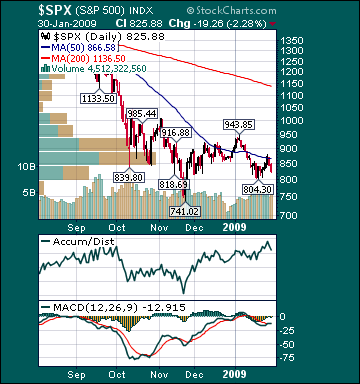Weekend Headlines
Bloomberg:
-
Wall Street Journal:
-
NY Times:
- California Utility Rates Customers on Energy Usage.
Politico:
Forbes.com:
- America’s 25 Fastest-Growing Tech Companies.
Reuters:
Financial Times:
Telegraph:
Frankfurter Allgemeine Sonntagszeitung:
-
MailOnline:
Globe and Mail:
Xinhua:
- PT Jakarta International Container Terminal, 51% owned by Hutchinson Port Holdings Ltd., expects the number of containers it handles this year to drop 30% on slowing trade. JICT operates
-
Haaretz.com:
Weekend Recommendations
Barron's:
- Made positive comments on (HIG), (SPG), (VZ) and (BXP).
Night Trading
Asian indices are -1.50% to +.25% on avg.
S&P 500 futures +.19%.
NASDAQ 100 futures +.15%.
Morning Preview
US AM Market Call
NASDAQ 100 Pre-Market Indicator/Heat Map
Pre-market Commentary
Pre-market Stock Quote/Chart
Before the Bell CNBC Video(bottom right)
Global Commentary
WSJ Intl Markets Performance
Commodity Movers
Top 25 Stories
Top 20 Business Stories
Today in IBD
In Play
Bond Ticker
Economic Preview/Calendar
Daily Stock Events
Upgrades/Downgrades
Rasmussen Business/Economy Polling
Earnings of Note
Company/Estimate
- (PJC)/-.81
- (CPO)/.63
- (SYY)/.38
- (HUM)/1.06
- (MAT)/.71
- (ATHR)/.15
- (APC)/.22
- (SNDK)/-.61
- (PCL)/.48
- (AFL)/1.00
- (BEAV)/.46
Upcoming Splits
- None of note
Economic Releases
8:30 am EST
- Personal Income for December is estimated to fall .4% versus a .2% decline in November.
- Personal Spending for December is estimated to fall .9% versus a .6% decline in November.
- The PCE Core for December is estimated unch. versus unch. in November.
10:00 am EST
- ISM Manufacturing for January is estimated to fall to 32.5 versus 32.9 in December.
- ISM Prices Paid for January is estimated at 18.0 versus 18.0 in December.
- Construction Spending for December is estimated to fall 1.2% versus a .6% decline in November.
Other Potential Market Movers
- The JPMorgan Global High Yield/Leveraged Finance Conference, CSFB Energy Summit, (SRDX) shareholders meeting and (LQDT) shareholders meeting
could also impact trading today.
BOTTOM LINE: Asian indices are mostly lower, weighed down by financial and technology shares in the region. I expect US stocks to open modestly lower and to rally into the afternoon, finishing mixed. The Portfolio is 50% net long heading into the week.
